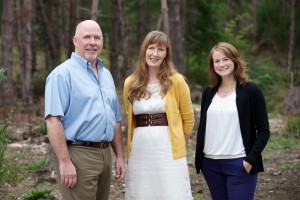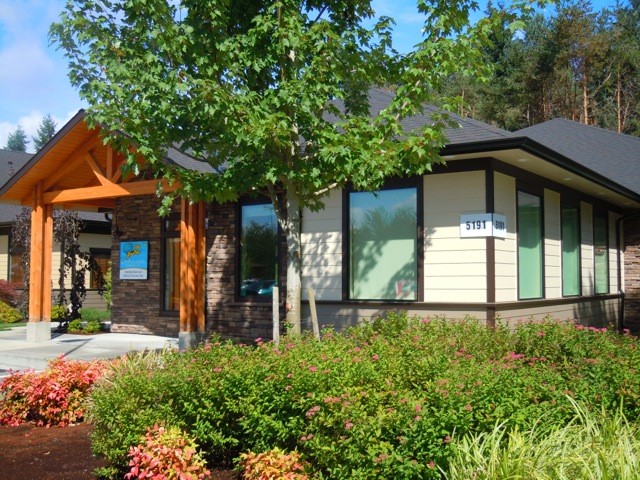Submitted by Gyro Psychology

Encouraging children to develop an effective process to solve problems is an important life skill that can be applied at home, in school, in social situations and in community environments. Apart from the confidence that comes along with having successfully calmed down, thought through a problem, generated creative solutions and worked toward implementing those solutions are critical skills that can be applied in multiple settings across the lifespan.
Adults can encourage children and teens to solve problems on their own in the following ways:
Encourage children & teens to describe the problem
When you see your child or teen having a problem hold back to let them recognize and describe the problem. Taking this first step will allow your child to understand the problem and begin to generate solutions on their own. Children and teens may not perceive the problem they same way adults do but it is important for them to describe the problem and what is happening from their perspective in their own words. In doing so, they begin to trust their observation and analytical skills. Not only is this process part of the foundation of emotional development but lies at the heart of rational thinking.
Early in their development children may not be able to verbalize the problem they just know that things are not working out the way they intended. In such cases, simply state the problem for the child. If you use phrases such as, “So the problem is…” children will eventually understand that clearly identifying problems leads to generating solutions.
Give children & teens time to come up with their own solutions
While a parent’s solution might be more effective or efficient, simply giving it to the child would deprive them of the opportunity to learn and develop confidence in his or her problem solving ability.
Talk to children & teens about what is and what’s not working
To help children and teen move from a trial and error approach to a more systematic approach to problem solving, encourage them to think about the results or consequences of their actions. Parents can ask and make comments and ask open-ended questions to help them consider alternatives.
Talking with your child or teen about what they did to solve or not solve a problem helps to establish a cause-and-effect connection in their mind. Once they have this mental association they are more apt to use this type of approach when faced with a problem in the future.
Need Emotional Support?
If you think your child would benefit from some additional support, consider calling us to set up an appointment with one of our psychologists at Gyro Psychology Services, Inc. (360.236.0206). We serve children and adolescents ages 2-21 with a variety of emotional, mental, and behavioral health needs.
We are located at 5191 Corporate Center Ct SE, Lacey, Washington, 98503. Or, check out our website for more information on parenting issues, anxiety, ADHD, and other tough issues that kids/teens face




















































